2021 Wall Street Reading List
A collection of the Wall Street Reading List's best business books published in 2021.
5,084 views
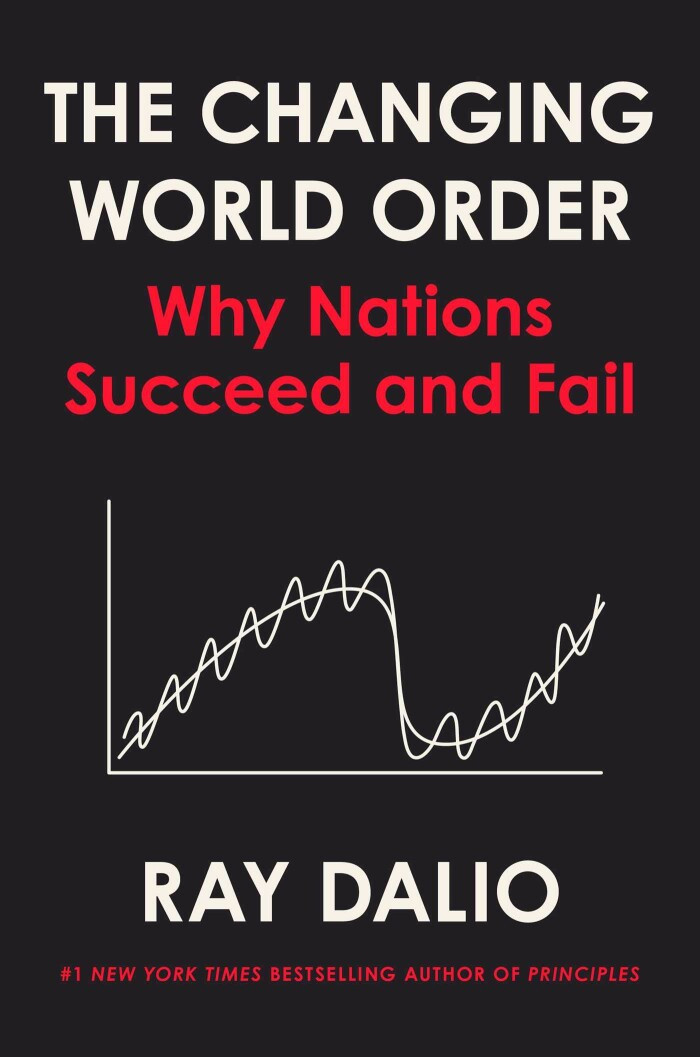
The Changing World Order
Ray Dalio
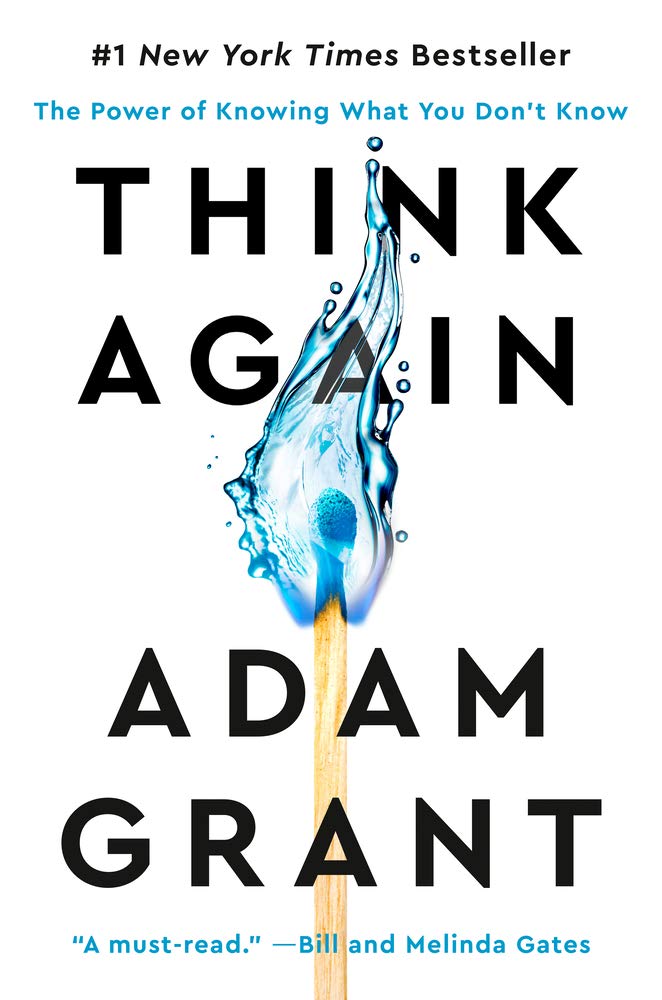
Think Again
Adam Grant
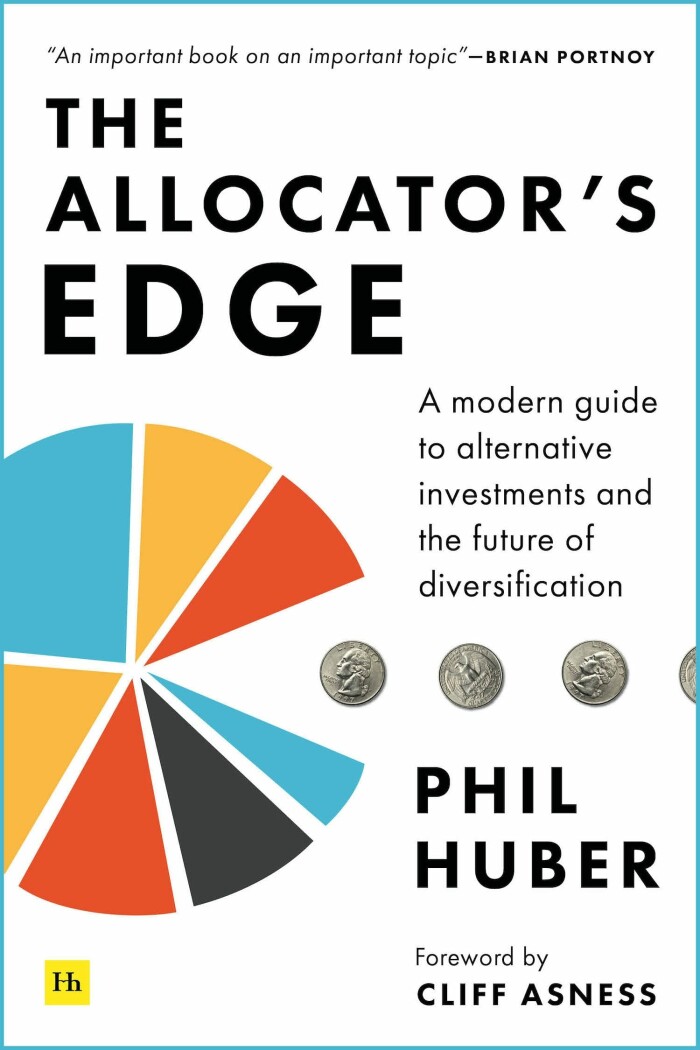
The Allocator’s Edge
Phil Huber
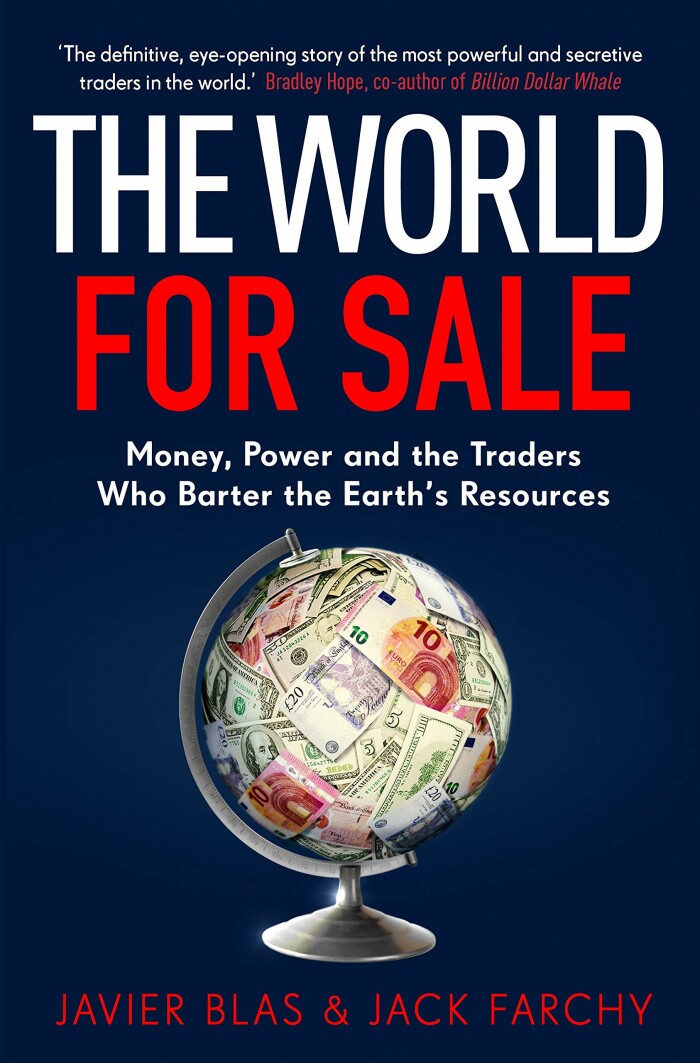
The World For Sale
Javier Blas
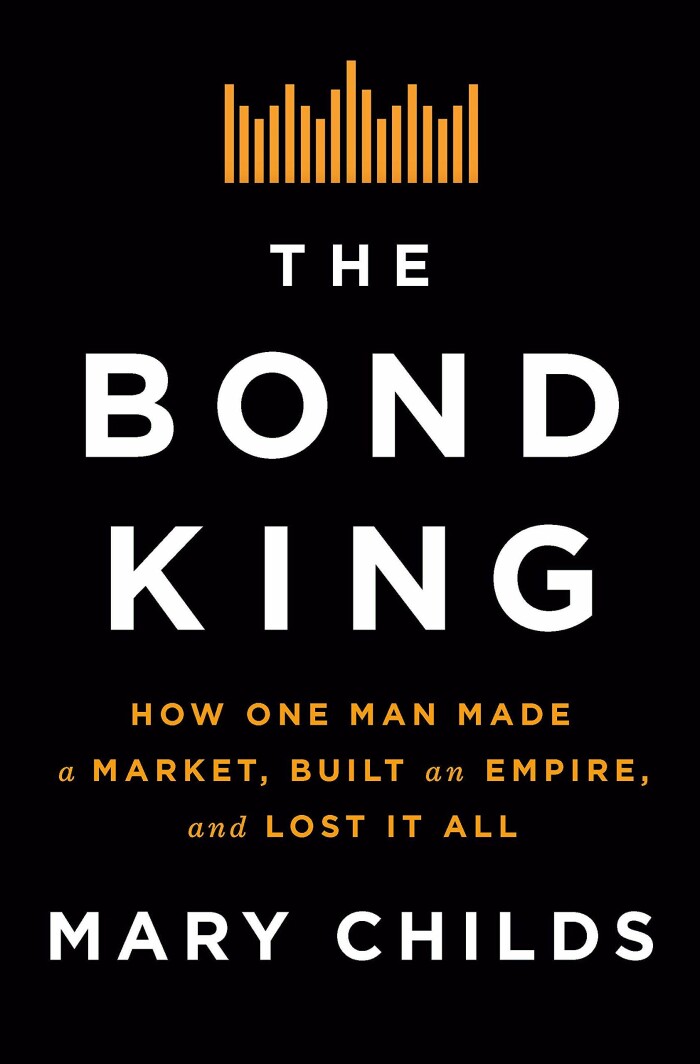
The Bond King
Mary Childs
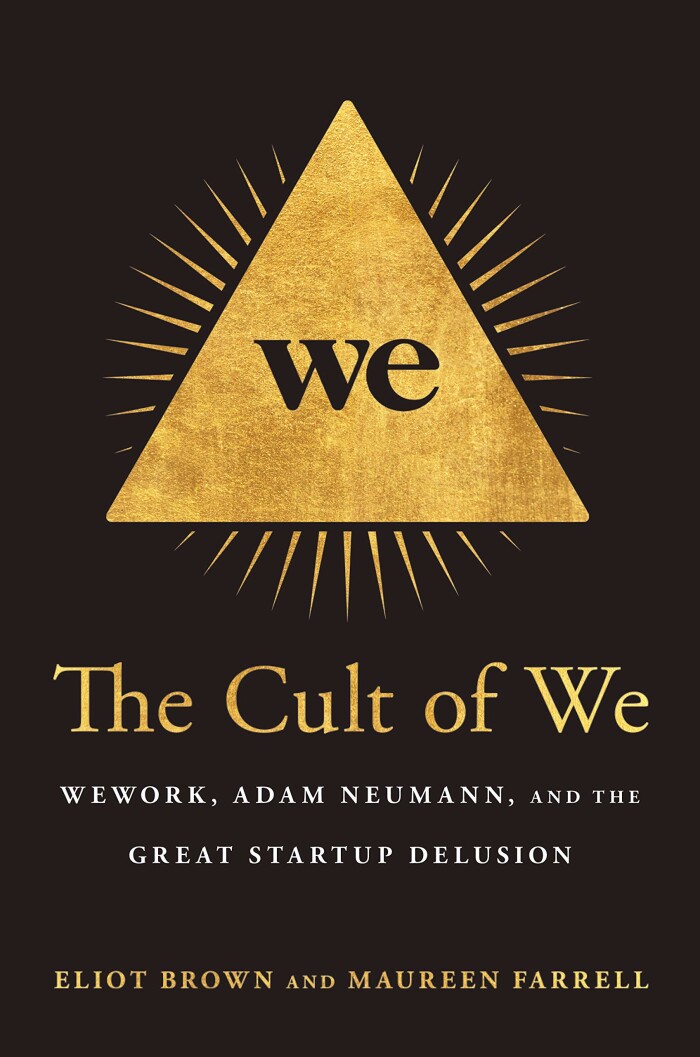
The Cult of We
Eliot Brown
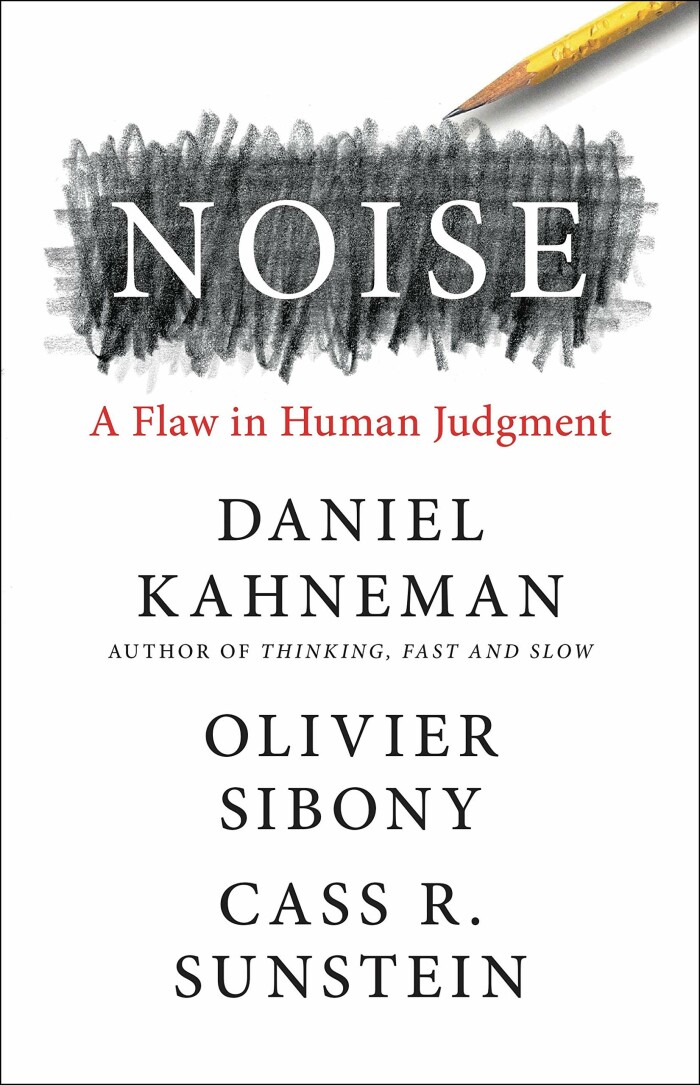
Noise
Daniel Kahneman
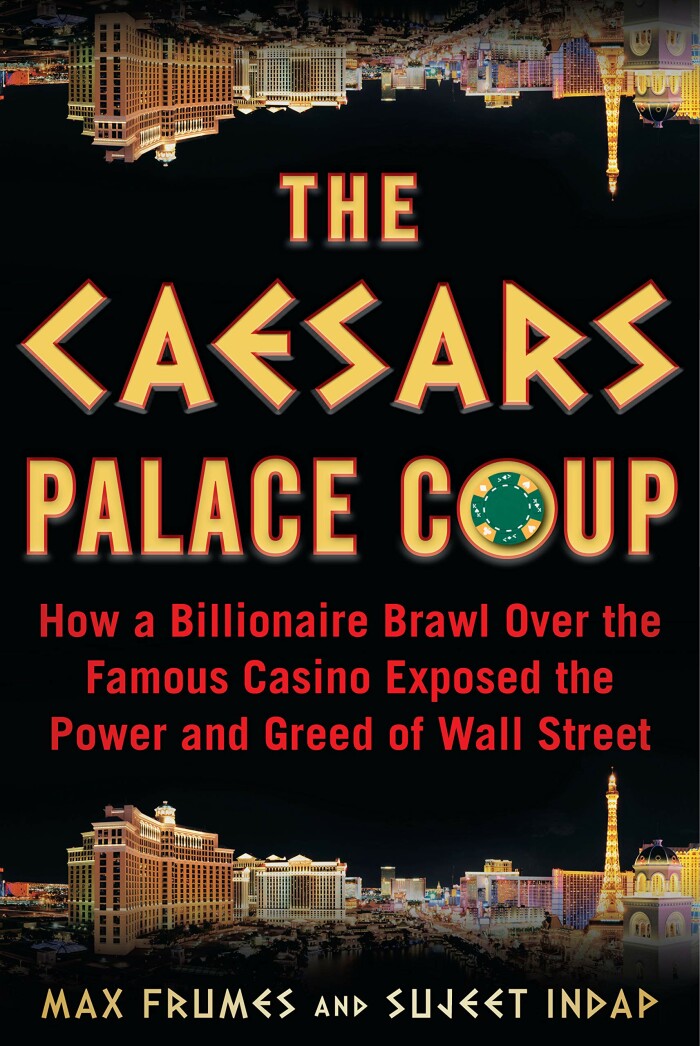
The Caesars Palace Coup
Sujeet Indap
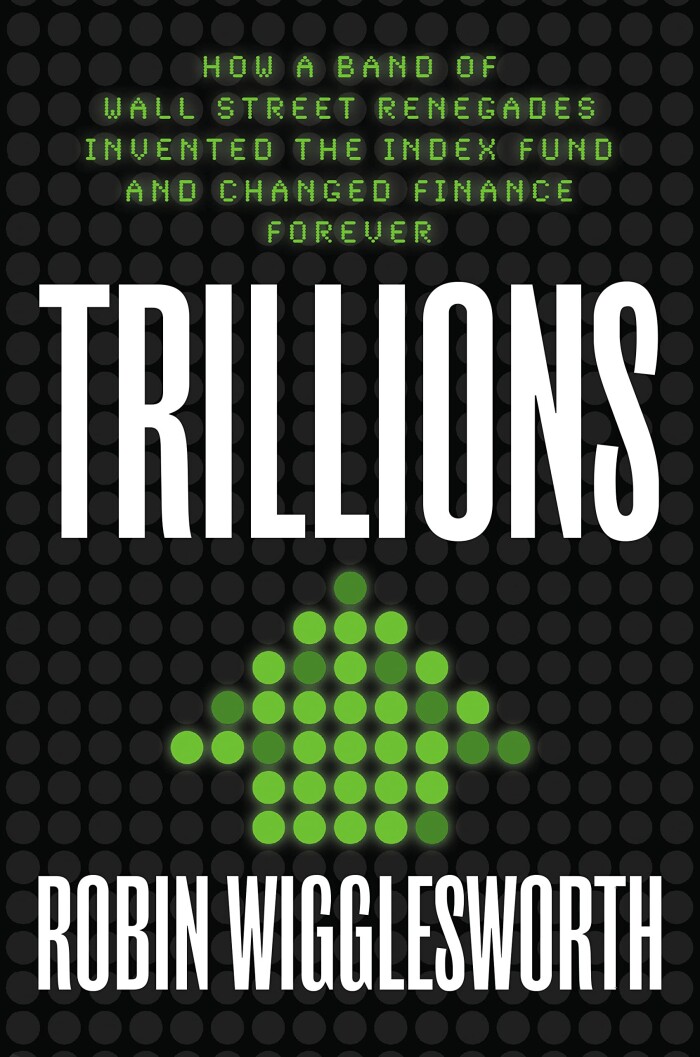
Trillions
Robin Wigglesworth
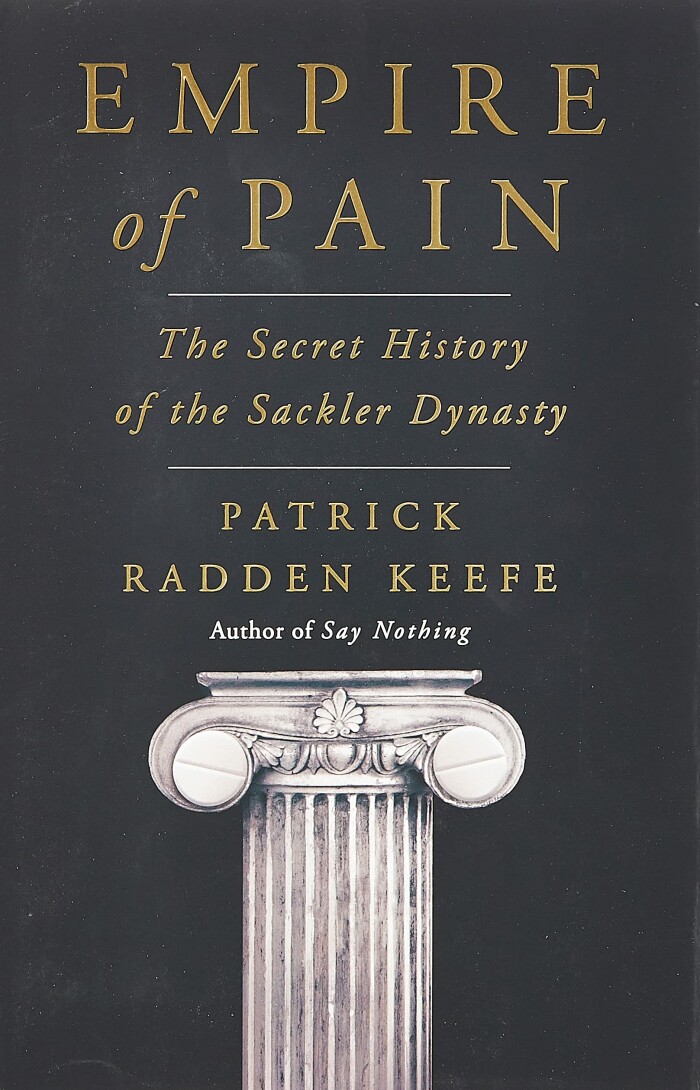
Empire of Pain
Patrick Radden Keefe
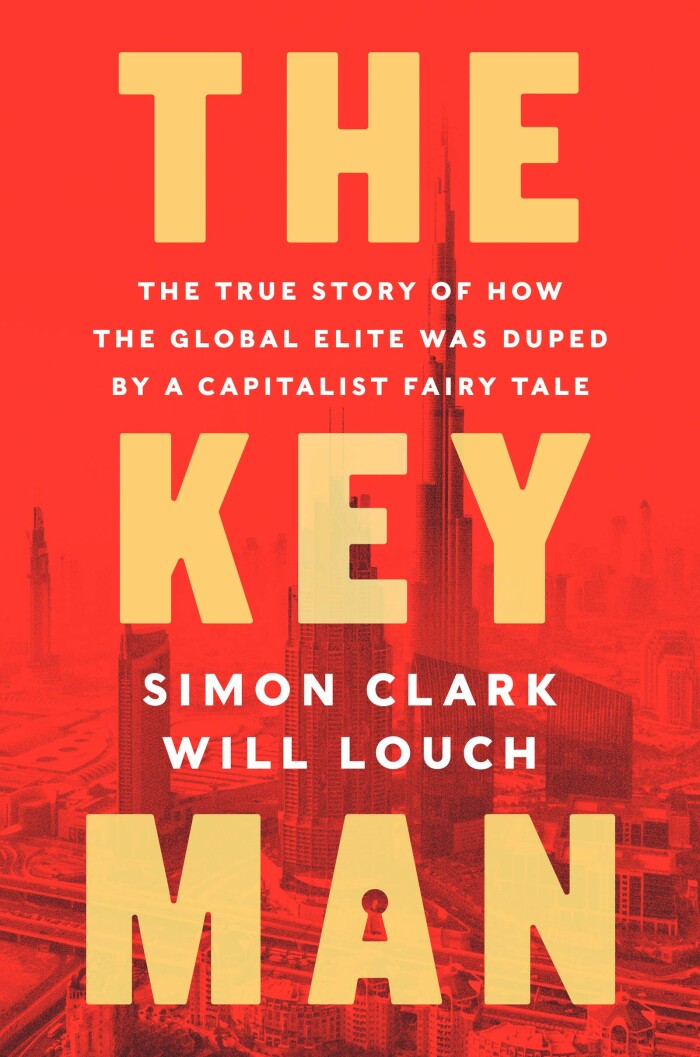
The Key Man
Simon Clark and Will Louch
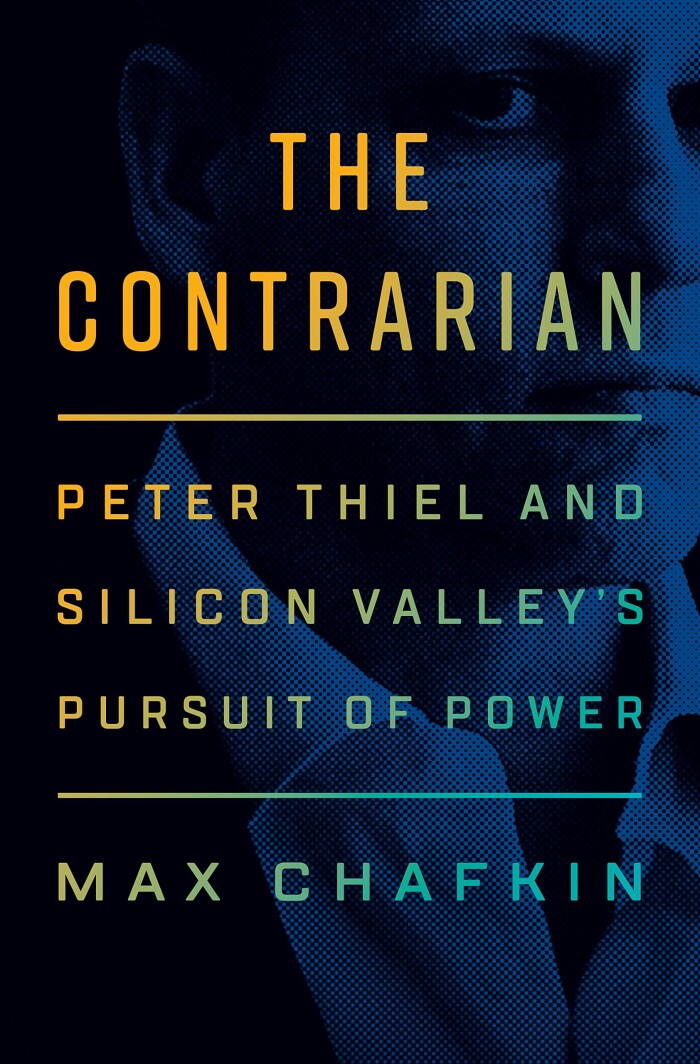
The Contrarian
Max Chafkin
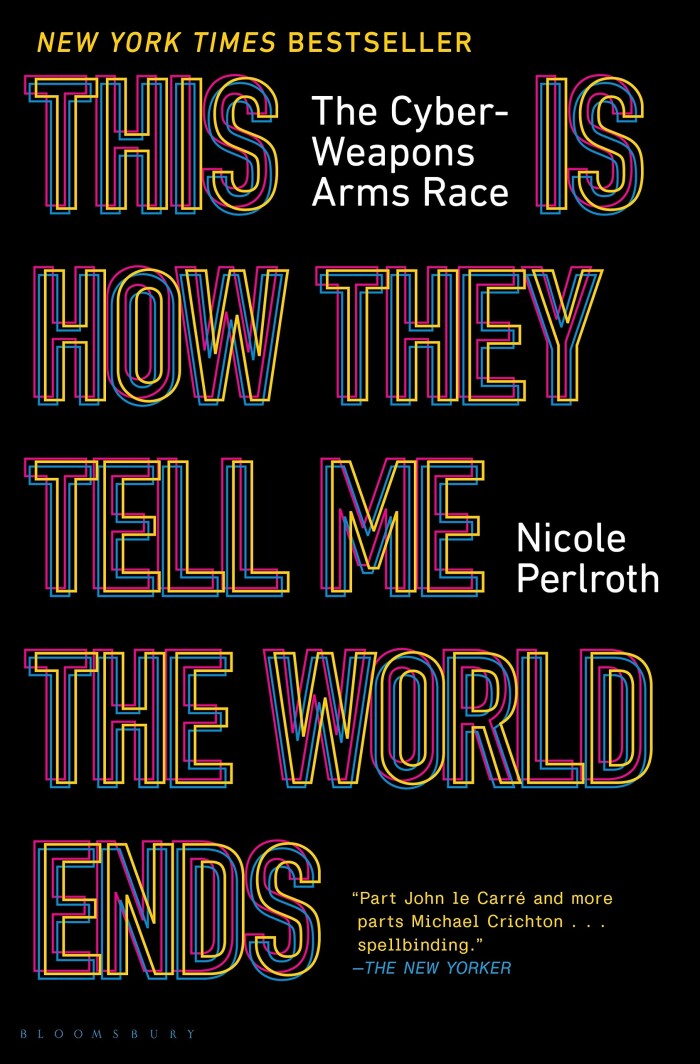
This Is How They Tell Me the World Ends
Nicole Perlroth
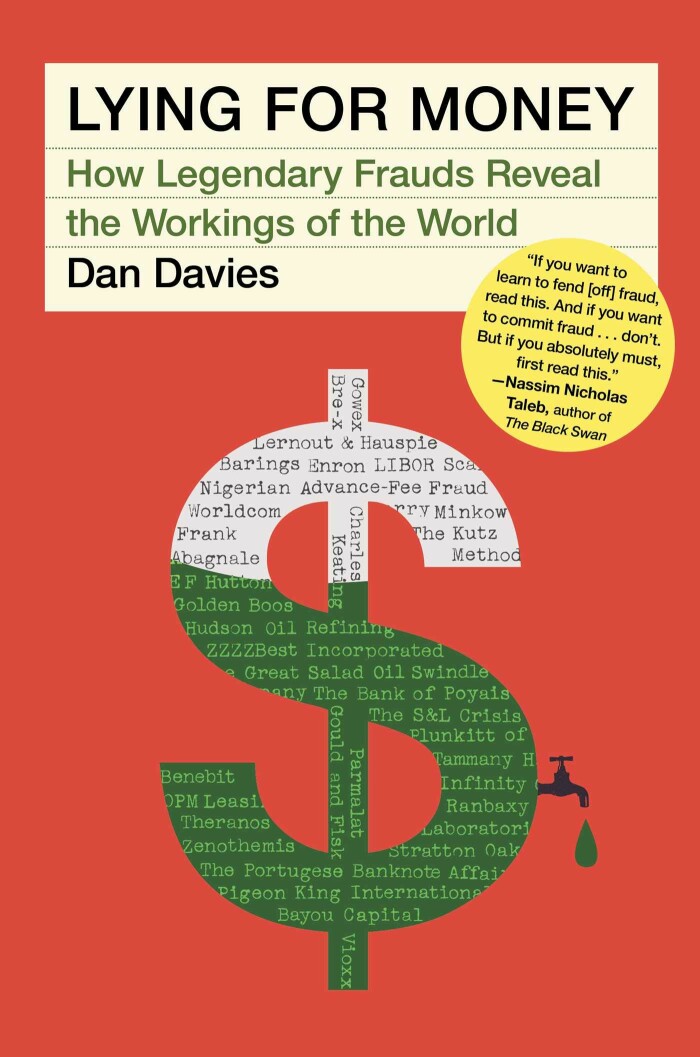
Lying for Money
Dan Davies
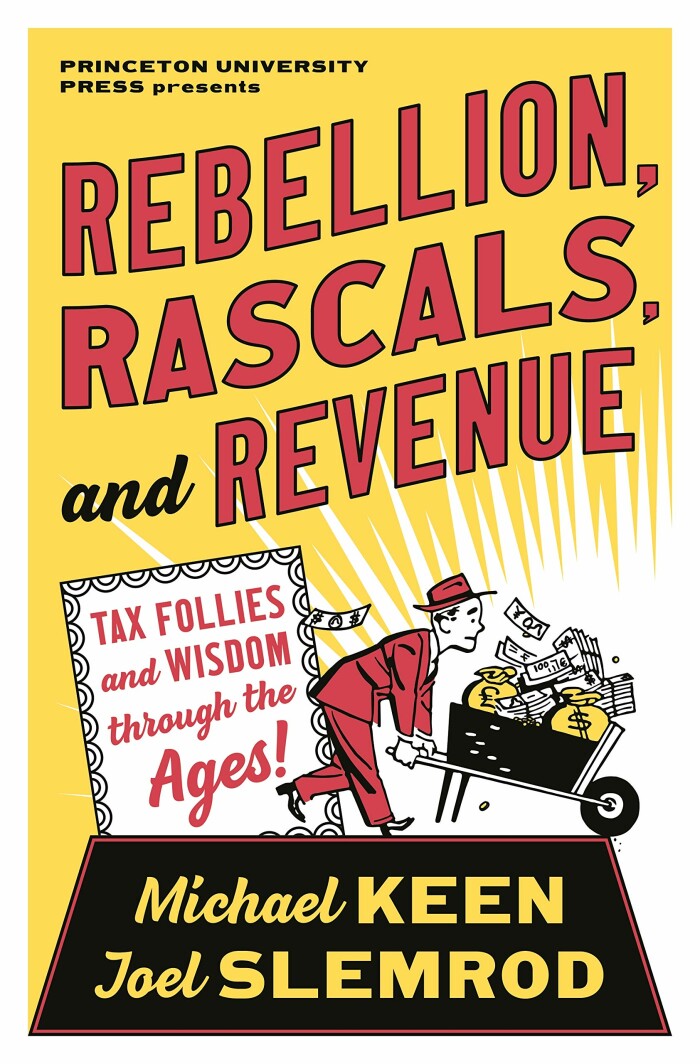
Rebellion, Rascals, and Revenue
Michael Keen
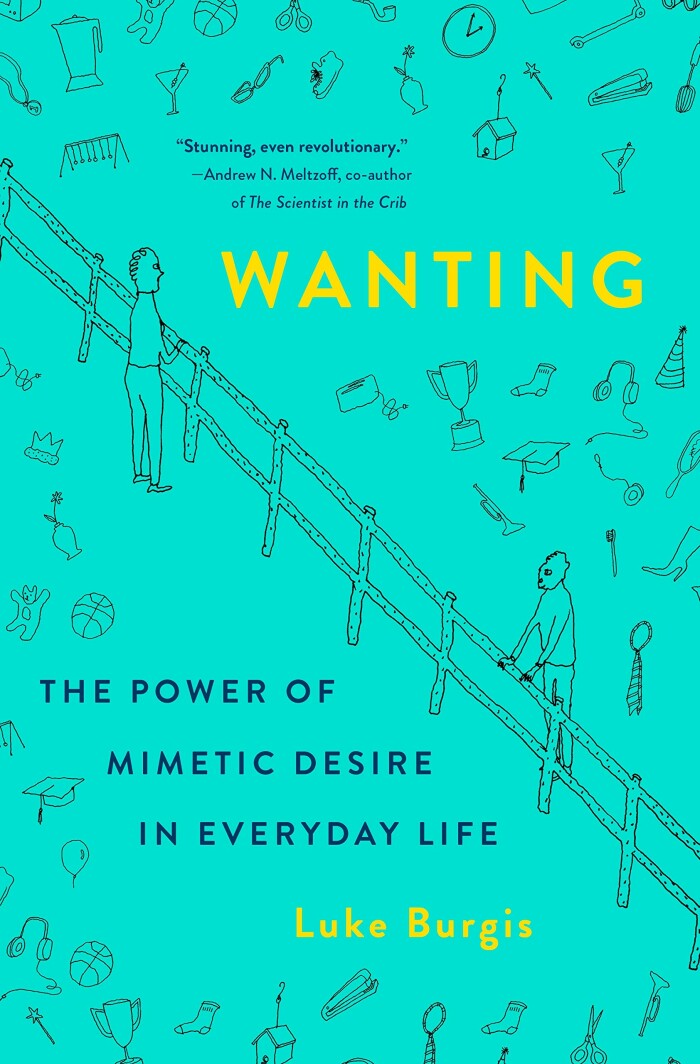
Wanting
Luke Burgis
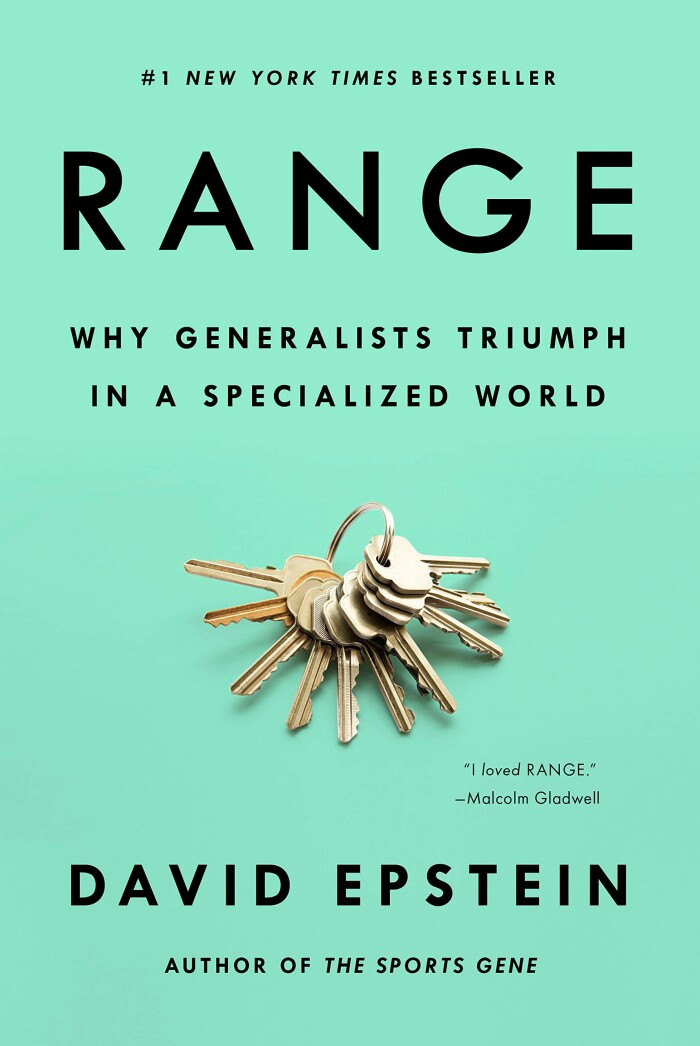
Range
David Epstein
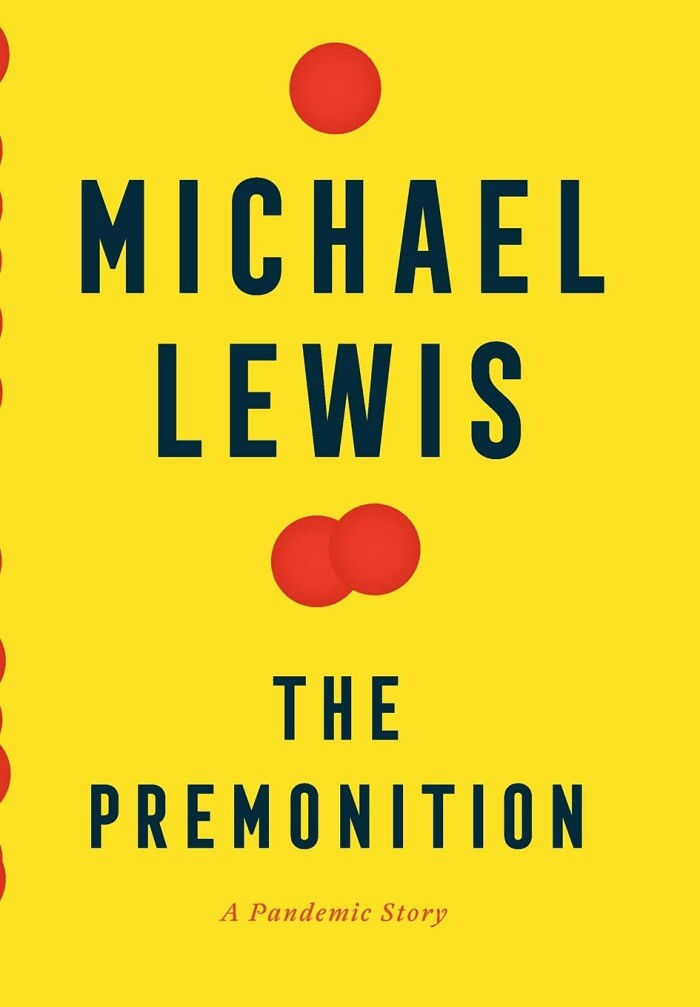
The Premonition
Michael Lewis
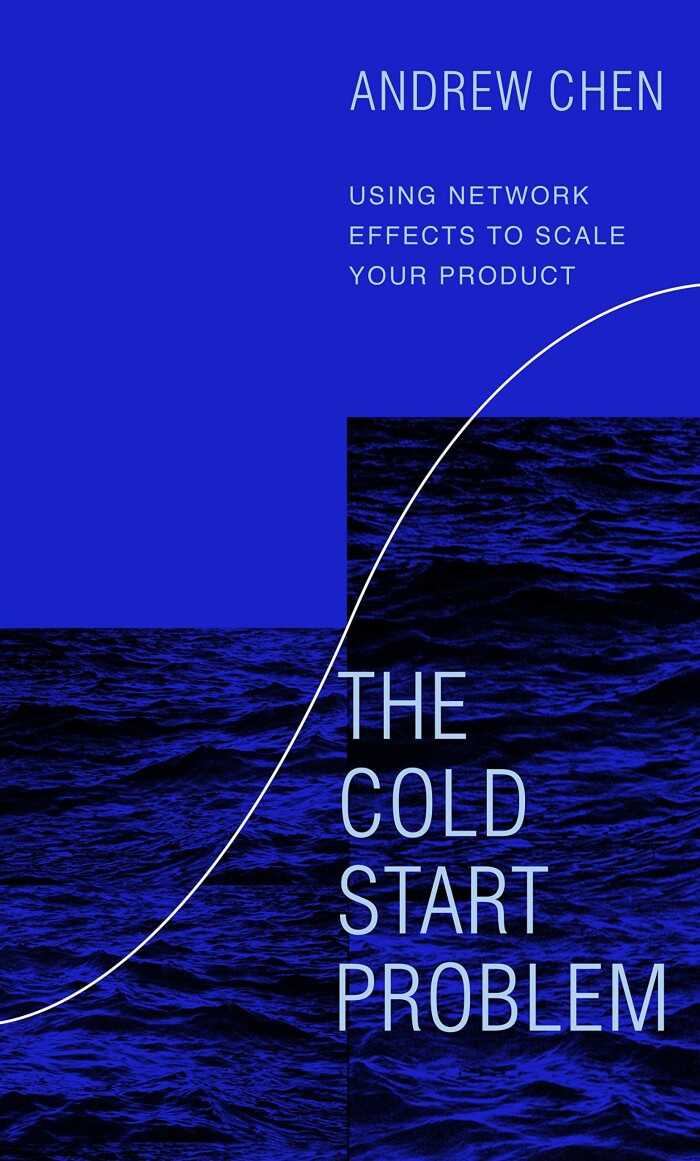
The Cold Start Problem
Andrew Chen
Safe Haven
Mark Spitznagel

An Ugly Truth
Sheera Frenkel
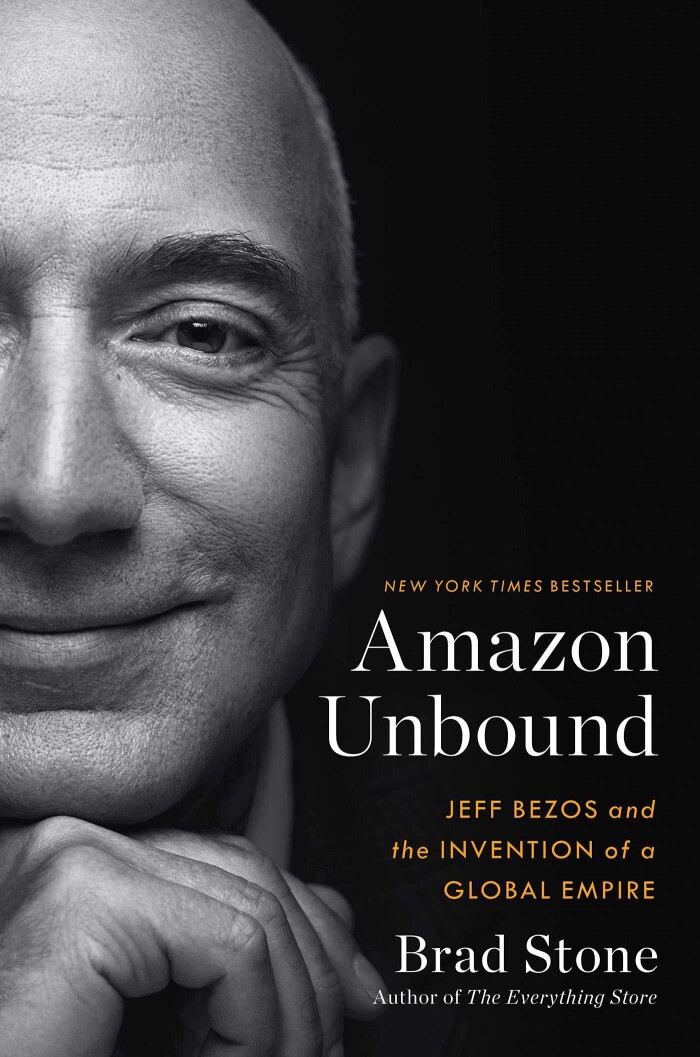
Amazon Unbound
Brad Stone
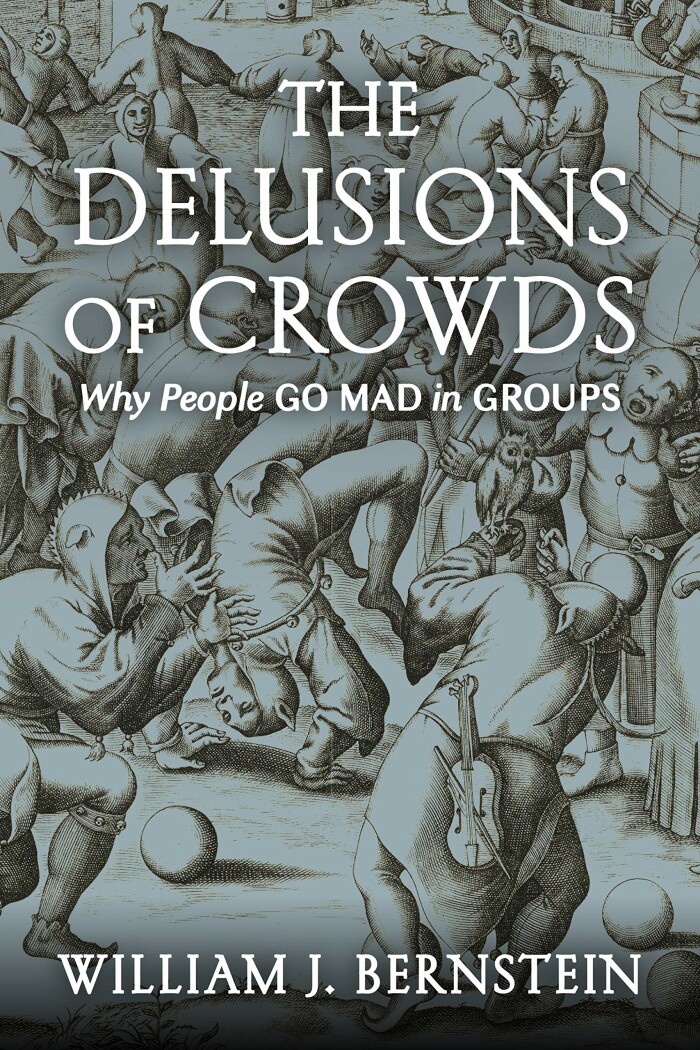
The Delusions Of Crowds
William J. Bernstein
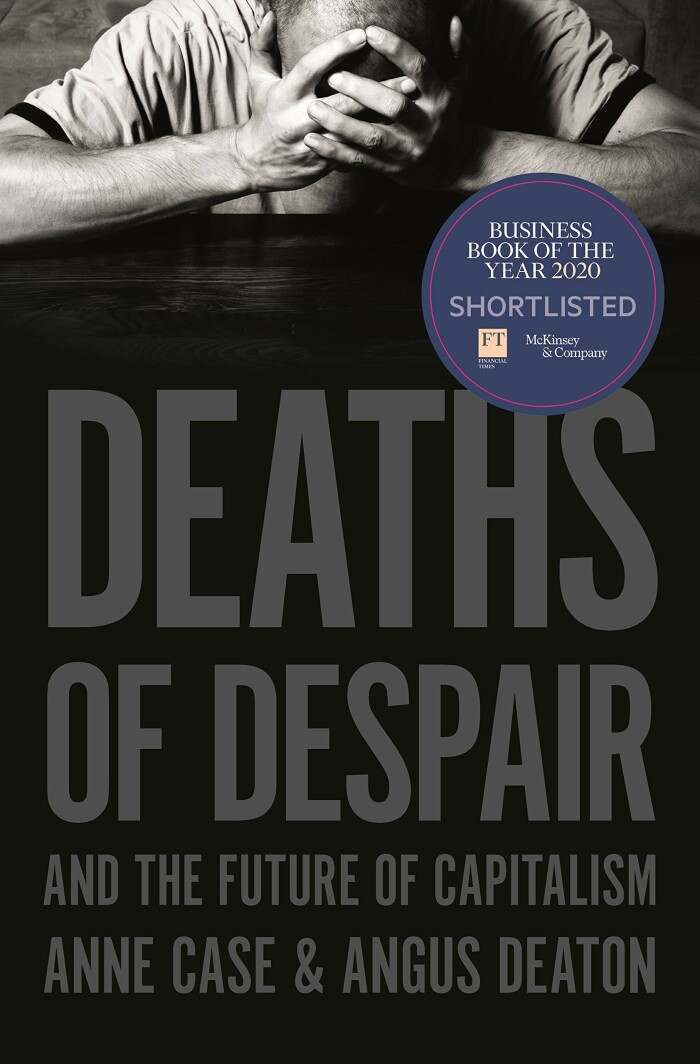
Deaths of Despair and the Future of Capitalism
Anne Case
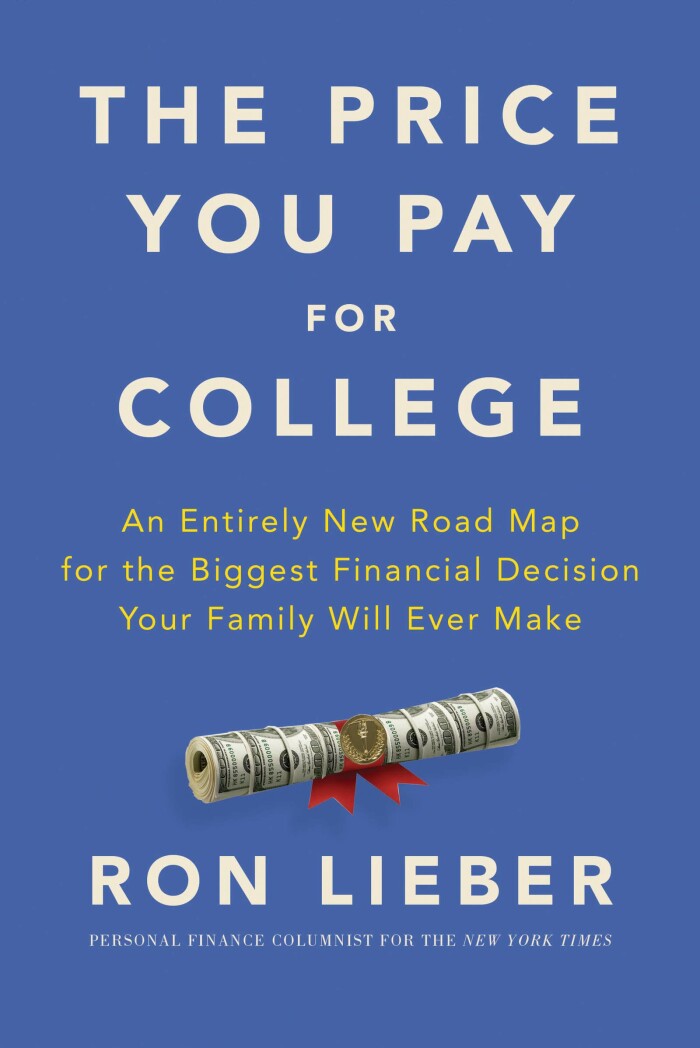
The Price You Pay for College
Ron Lieber
